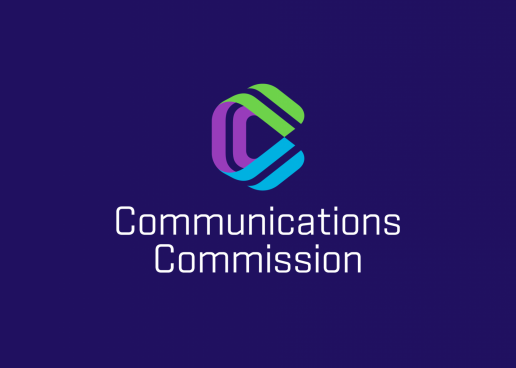ComCom: The Statement by TV Formula, Mtavari Arkhi and TV Pirveli is Unsubstantiated and Serves to Mislead the Public

The statement by TV Formula, Mtavari Arkhi and TV Pirveli regarding the Communication Commission’s handling of the complaint by Georgian Dream is unsubstantiated. All decisions taken by the Commission are in full compliance with the legislation. It is therefore baseless to claim that decisions taken by the Commission can threaten media freedoms of speech and expression.
The case concerns the legality of broadcast advertising, which has nothing to do with freedom of expression. The placement of broadcast advertising on the air has clear rules according to the law, which broadcasters are well aware of. Representatives of the TV stations involved in the dispute claim that the controversial video clip falls into the category of social, rather than political advertising, and is therefore outside the competence of the Communications Commission. However, according to the legislation, decisions on the legitimacy of broadcast advertising fall within the competence of the Commission. This concerns both political and social advertising. Thus, there was no legal basis for declaring the complaint regarding the controversial video inadmissible.
As for the content of the video clip, the legislation states that within seven working days after receiving a complaint against the broadcaster, the Commission shall organise a preparatory meeting to decide only whether to accept or reject the complaint for review. Parties to the dispute are aware that according to the legislation, the essence of the dispute (assessment of the video clip content and decision on the legitimacy of its placement on air) is not subject to review during the preparatory meeting of the Commission. During the preparatory meeting, the Commission determined that the legitimacy of the advert being aired by the broadcasters was subject to dispute. During the public hearing, the Commission shall assess the actual content of the video clip, determine its category, and only then rule on the legitimacy of airing the advert.
Regarding the issue of limiting freedom of speech in the media by sanctioning the broadcasters, the TV stations involved in the dispute have claimed that the Commission issues financial penalties against broadcasters to prevent the media from functioning properly. Since the issue of legitimacy of advertising is clearly regulated by the legislation, broadcasters must be aware of their responsibility to ensure that the adverts aired by them do not violate the law. If the adverts are placed in line with the legislation, the Communications Commission will have no grounds to initiate proceedings against a broadcaster. Therefore, TV stations must refrain from airing inappropriate adverts and comply with all legislative requirements with regards to the placement of political or social advertising on air.
We must also emphasise that since 2014, there has not been a single case of the Communications Commission limiting the freedom of media through its decisions. On the contrary, the general approach and the decisions of the Commission, as well as the legislation, unequivocally serve to increase media pluralism and freedom of expression in Georgia. The Georgian legislation regulates all content except advertising. Therefore, the Commission has taken numerous decisions on the issue of political and social advertising in the past. The broadcasters are well aware of these decisions and the approach adopted by the Commission. We therefore have a reasonable suspicion that specific TV stations are intentionally violating the law in order to subsequently accuse the Communications Commission of restricting media freedoms when the Commission responds as required by the legislation.










